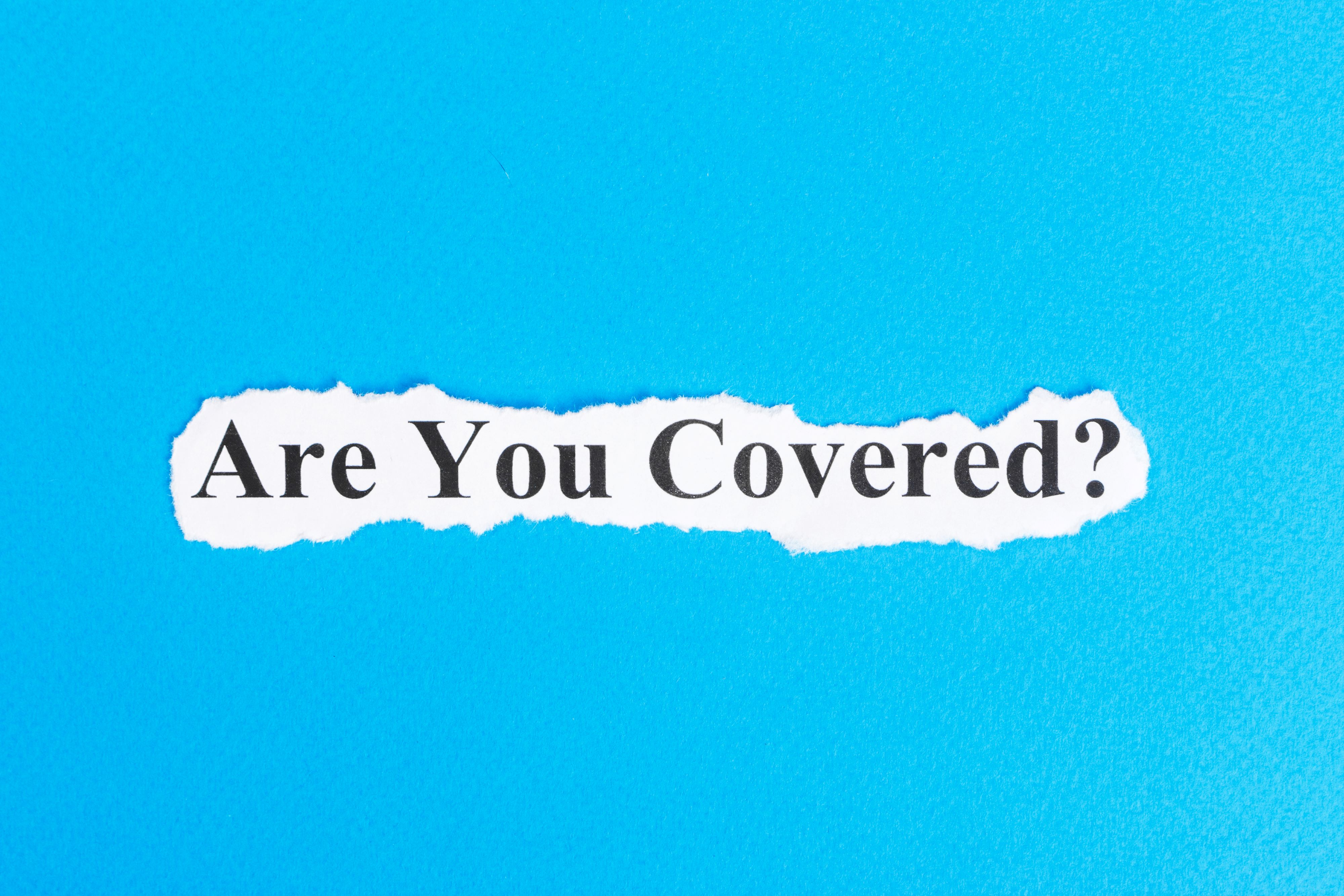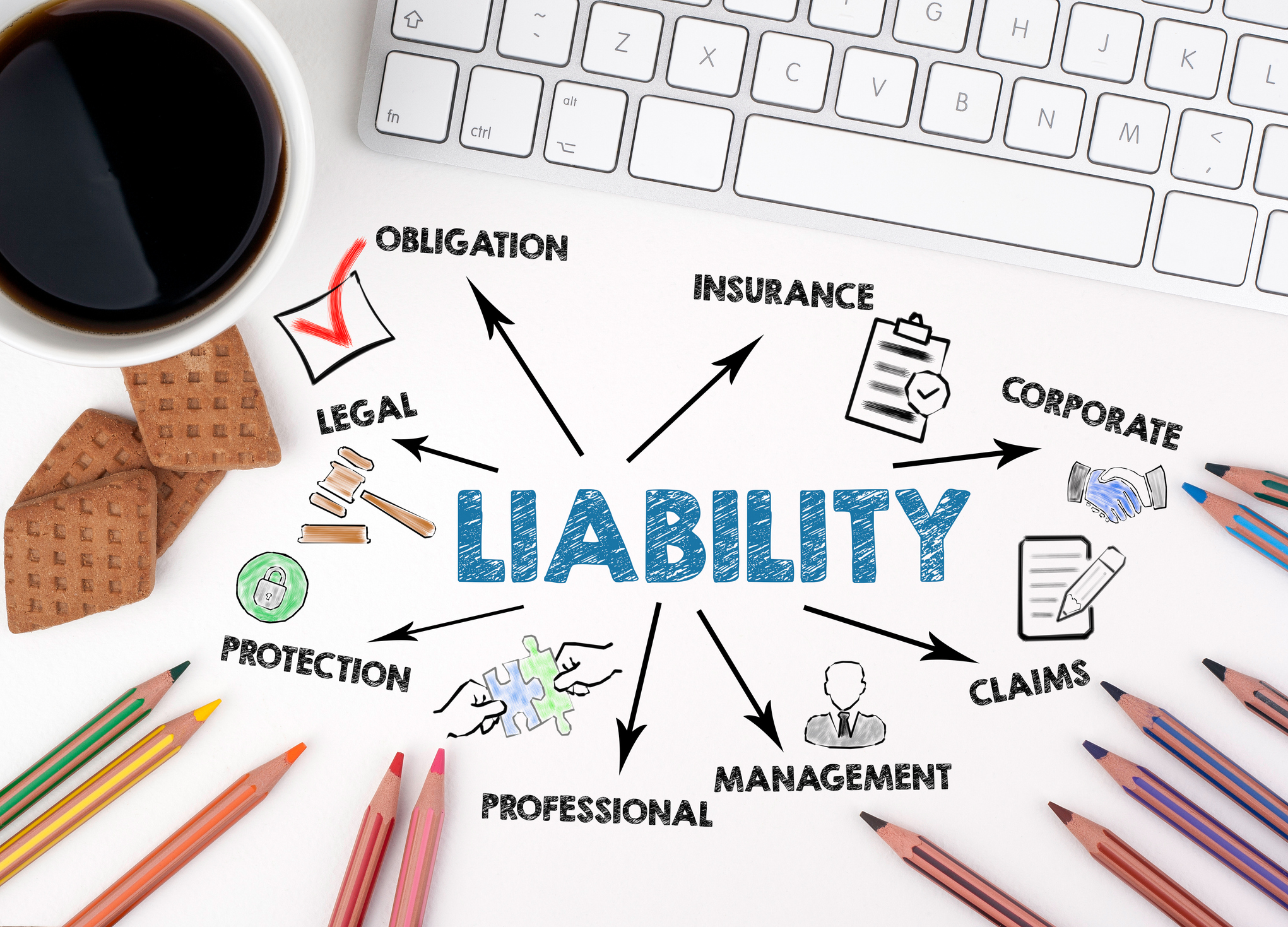January/February 2017
Legal Beat
Guarantees, Document Ownership, New Clients
BY ARTHUR SCHWARTZ, DEPUTY EXECUTIVE DIRECTOR AND GENERAL COUNSEL

Question: I have been negotiating a contract with a client who insists that I guarantee that my engineering design will perform as intended. I obviously want to perform properly and meet the client’s needs, but I think the client’s request goes beyond what is normally required. Am I correct? (Wisconsin)
Answer: The standard of care that the courts will typically apply is that degree of care which a reasonably careful professional engineer would use under like circumstances. However, nothing prevents a client from seeking contractual language that increases the typical standard of care owed by the professional to the level of an express warranty of the design; in fact, clients frequently attempt to do so in their proposed agreements—and courts will enforce such language. This is a danger to professional engineers, as it is possible that the increased standard of care could go beyond professional liability insurance coverage available to them. Thus, the professional engineer should insist on deleting any such guarantee as unreasonable. Similarly, a professional engineer should insist on deleting any proposed language that attempts to establish a fiduciary duty between the professional engineer and the client; such language also results in an increased standard of care owed on the project.
Question: I have been retained by a client on a project who wants to have ownership of the documents I have prepared. Do you have any suggestions on appropriate contractual language to address this issue? (Florida)
Answer: Your contract should expressly state that all drawings, specifications, and other documents and electronic data furnished by you, the professional engineer, are deemed to be instruments of service, and that the professional engineer shall retain the ownership and property interests in them, including the copyrights. Only upon the client’s payment in full for all amounts due under the agreement should the owner be granted a limited license to use the instruments of service in connection with the client’s project. The contract must also address what happens if the design contract is terminated at any point prior to completion of the design documents. Since the professional engineer would then no longer be involved in the design, if the client is granted license to continue to use the work product to complete the project, then the client should be required to indemnify and defend the professional engineer in connection with any claims arising from such use.
Question: I am in the process of negotiating a contract with a client with whom I have never worked before. While I am reasonably confident that the client will pay my fees on time, are there any steps I should consider to protect my engineering company in the event that any issues arise? (California)
Answer: As a general matter, in any initial meeting with a client, it is important for professional engineers to explain in a clear and concise manner exactly what their services will be and the value those services bring to the project, along with clearly stating compensation terms. Your communication should be clear in establishing the financial expectations with the client. At this face-to-face meeting, you will obtain a sense of the client’s financial capability and ability to pay for your services. If you don’t get a sense that you and the client are on the same page, it may be appropriate to walk away from the proposed engagement. In addition, requesting a retainer is recommended, regardless of the client’s reputation, but especially for new clients and on larger and longer-duration projects. The retainer could be a percentage of services or a set dollar amount. Even a small retainer shows responsibility and a financial commitment by the client. It is generally a good idea to specify that the retainer will be applied toward the final invoice.
Responses are based on questions posed to NSPE Legal Counsel Arthur Schwartz.
Are you an NSPE member with a legal question for this column? Send it to Arthur Schwartz, 1420 King St., Alexandria, VA 22314-2794; fax 703-836-4875; or e-mail [email protected].
These questions and answers do not, in any way, constitute legal advice. Always consult your own attorney before reaching any conclusions or acting upon any information presented in this forum. Also note that legal precedents change. An answer based on a case from several years ago may have a new perspective today.


 Volunteering at NSPE is a great opportunity to grow your professional network and connect with other leaders in the field.
Volunteering at NSPE is a great opportunity to grow your professional network and connect with other leaders in the field. The National Society of Professional Engineers (NSPE) encourages you to explore the resources to cast your vote on election day:
The National Society of Professional Engineers (NSPE) encourages you to explore the resources to cast your vote on election day:




